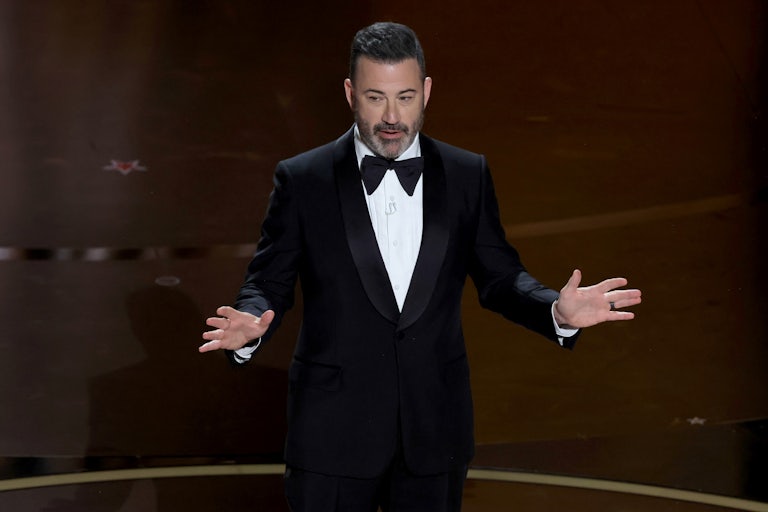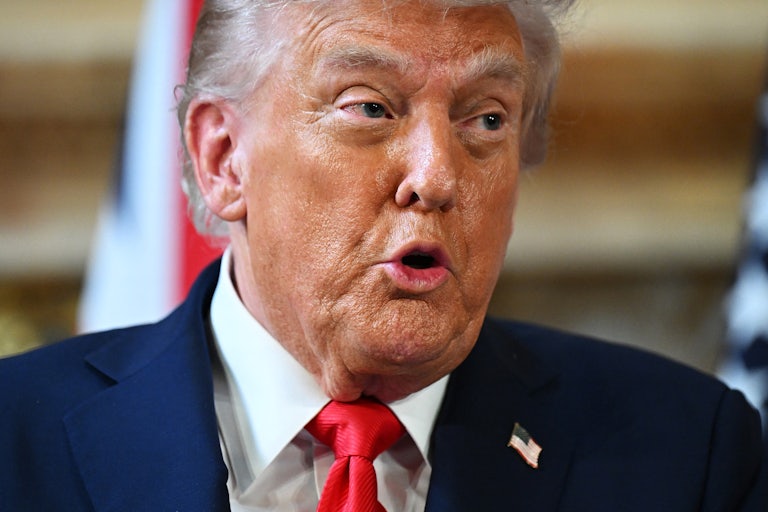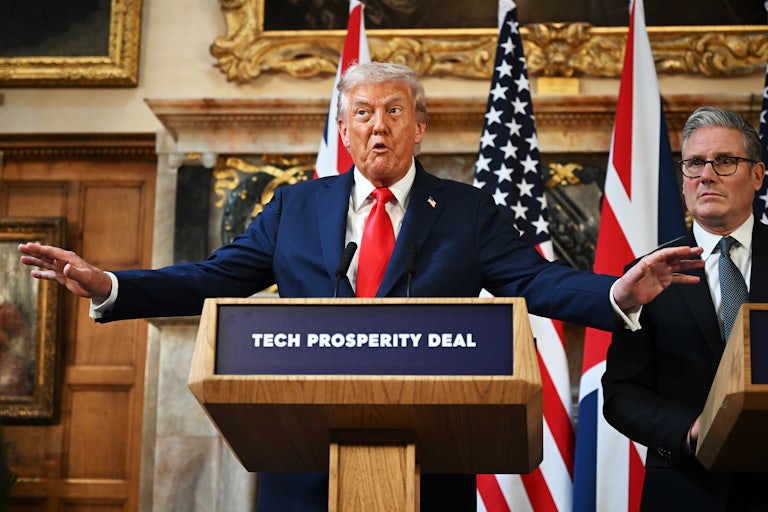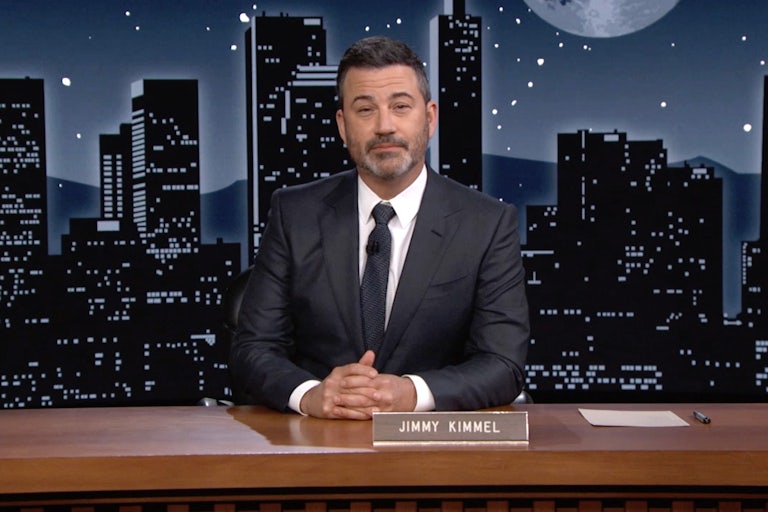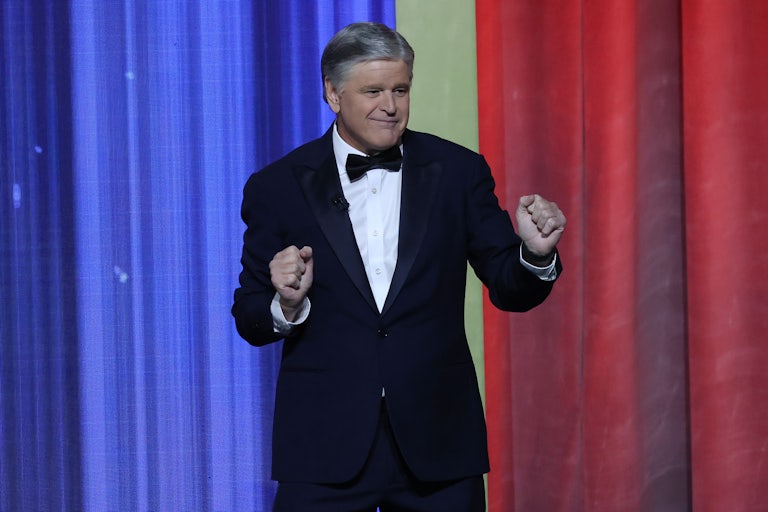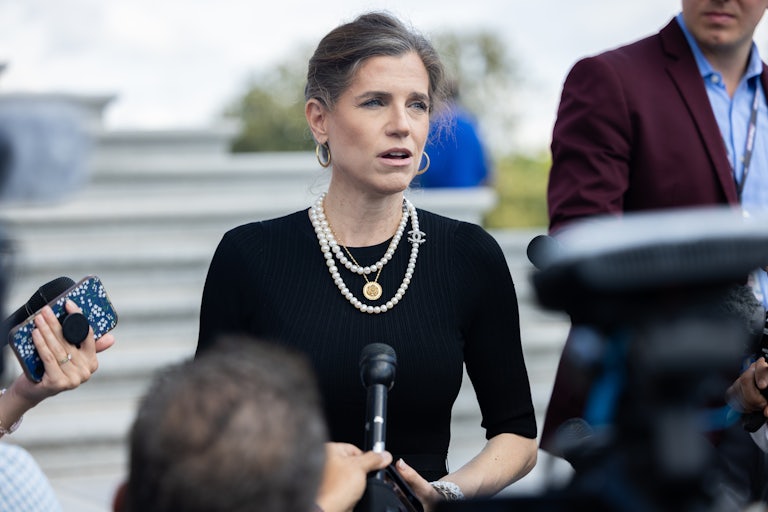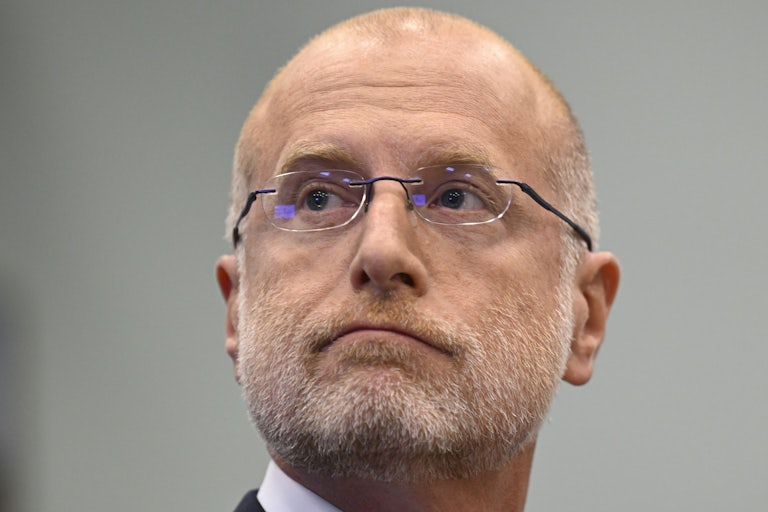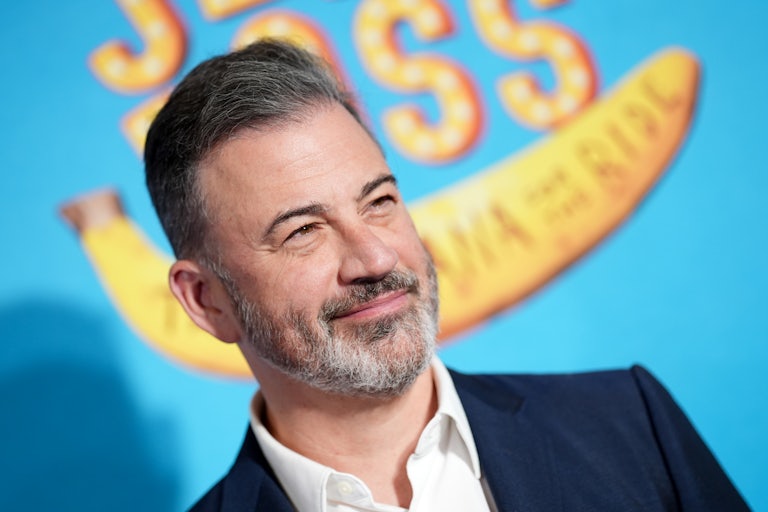The Most Ridiculous Part About Jimmy Kimmel’s Suspension
Apparently, Donald Trump has forgotten his own executive order.
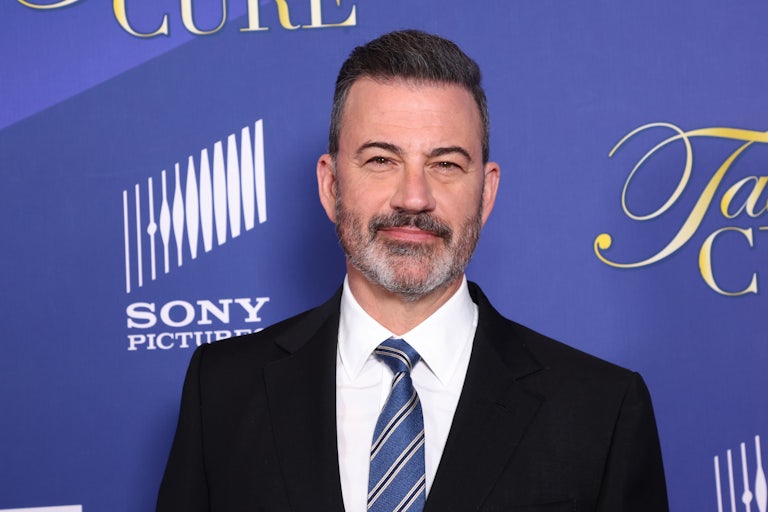
The Federal Communications Commission’s involvement in canceling Jimmy Kimmel’s late-night show not only appears to have violated the First Amendment, but it also defied one of Donald Trump’s own executive orders.
Jimmy Kimmel Live! was put on indefinite hiatus Wednesday by Nexstar, one of the largest owners of ABC stations in the country, over supposedly controversial comments that Kimmel made about the political affiliation of Charlie Kirk’s suspected assassin. (Kimmel said that MAGA was rushing to claim that Tyler Robinson was “anything other than one of them”—which is technically true.)
The network, which is in the midst of a multibillion-dollar acquisition that requires the FCC’s approval, yanked Kimmel hours after the federal agency’s leader, Brendan Carr, publicly threatened to revoke the broadcast licenses of anyone still platforming the comedian.
But beyond the flagrant infringement by the government on Kimmel’s freedom of speech, the irony of Carr’s command is that it also breached the Trump administration’s own policies.
One of the first executive orders that Trump signed when he returned to office in January promised to ensure that “no Federal Government officer, employee, or agent” would engage or facilitate “any conduct that would unconstitutionally abridge the free speech of any American citizen.”
It also swore that “no taxpayer resources” would be used to similarly restrict a citizen’s First Amendment right to free speech.
The discrepancy should sic Attorney General Pam Bondi on Carr, as the order instructed should happen for any potential free speech infringements that the Trump administration deemed had occurred during the prior presidential administration.
Regardless, Nexstar’s decision was widely celebrated by conservatives. Trump wrote on Truth Social that Nexstar’s decision to unplug Kimmel was “great news for America,” while Carr commented to The Hollywood Reporter that the broadcast network was “doing the right thing.” Both suggested that more of America’s major television companies should follow suit.
